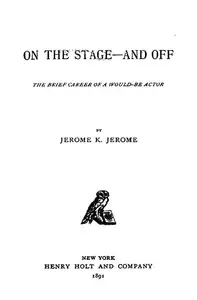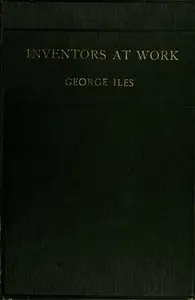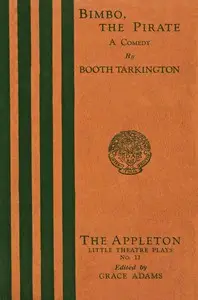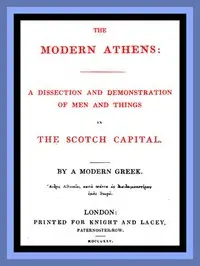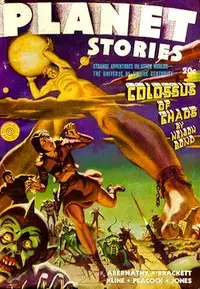"The Philosopher's Joke" by Jerome K. Jerome is a novel published in the early 20th century, specifically around the late 1900s. The story delves into themes of perception, regret, and the philosophical contemplation of life choices. It presents a thought-provoking narrative that explores the nature of reality and human relationships through a blend of humor and depth. The plot revolves around a group of six friends who experience a collective dream or vision during a ball, where they are mysteriously presented with the opportunity to relive their youth with the knowledge of their future selves. This strange phenomenon forces them to confront their regrets and the choices they made in life. Each character grapples with the impact of their past decisions on their current happiness and relationships, questioning whether knowledge of the future would have changed their decisions. The story reveals the complications of love, the passage of time, and the essence of human experience, ultimately leading the reader to reflect on their own life journeys. (This is an automatically generated summary.)

The Philosopher's Joke
By Jerome K. (Jerome Klapka) Jerome
"The Philosopher's Joke" by Jerome K. Jerome is a novel published in the early 20th century, specifically around the late 1900s. The story delves into...
Jerome Klapka Jerome was an English writer and humorist, best known for the comic travelogue Three Men in a Boat (1889). Other works include the essay collections Idle Thoughts of an Idle Fellow (1886) and Second Thoughts of an Idle Fellow; Three Men on the Bummel, a sequel to Three Men in a Boat; and several other novels. Jerome was born in Walsall, England, and, although he was able to attend grammar school, his family suffered from poverty at times, as did he as a young man trying to earn a living in various occupations. In his twenties, he was able to publish some work, and success followed. He married in 1888, and the honeymoon was spent on a boat on the River Thames; he published Three Men in a Boat soon afterwards. He continued to write fiction, non-fiction and plays over the next few decades, though never with the same level of success.




